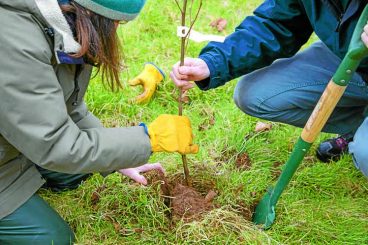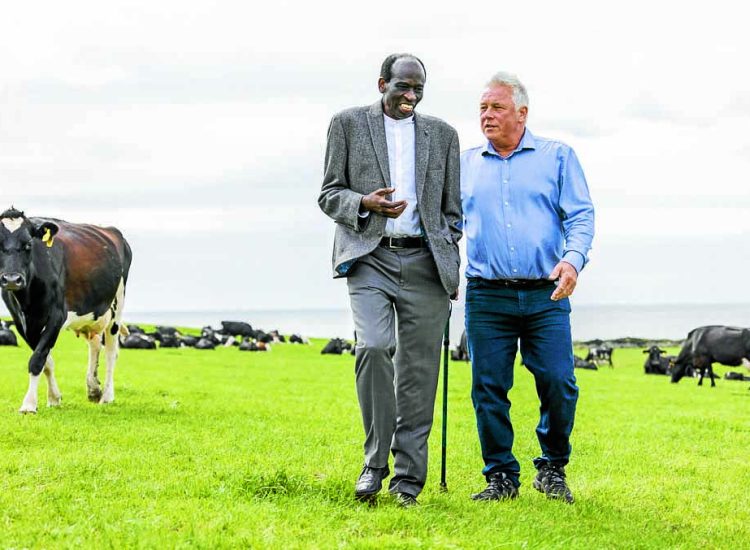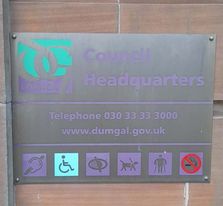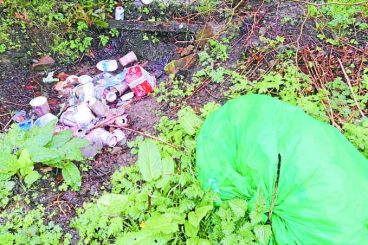Food Standards Scotland (FSS) is urging Dumfries and Galloway residents to take care when barbecuing
Research has revealed that hundreds of people in the South of Scotland could unwittingly be at risk of falling ill from a dangerous food poisoning bug by overlooking basic food safety practices.
FSS has found that more than one in four adults (26 per cent) across the South of Scotland believe washing chicken before it is cooked on a barbecue is the best way to ensure it is safe to eat, but this is a practice that can spread Campylobacter, a particularly nasty bug.
Almost one in five residents locally who cook meat on the barbecue admit to not washing their hands after touching uncooked meat (16 per cent) and less than half of those who use a barbecue wash their barbecue every time they use it (43 per cent).
And over a third of those living in the south region could not correctly identify the name of the bug that can cause abdominal pain, severe diarrhoea, vomiting and at its worst, in very rare cases, can kill.
FSS chief executive Geoff Ogle is highlighting simple safety tips.
He said: “It is easy to dismiss food poisoning as a common, predominantly mild affliction but Campylobacter can be a harrowing illness which can cause excruciating pain, inflammation, sickness and diarrhoea.
“We are reminding people when cooking on the barbecue to pay attention to our simple Four Cs food safety rules.”
Four Cs:
Cleaning – wash and dry hands thoroughly before preparing food, after touching raw food, especially meat and after going to the toilet. Keep worktops, chopping boards and utensils clean.
Cooking – Germs such as Campylobacter, Salmonella and E. Coli O157 can be killed by thorough cooking. Always follow the instructions on the label and check food is steaming hot in the middle.
Chilling – Stop germs growing by keeping them cold. Make sure you put the right foods in the fridge – look out for a ‘use by’ date or ‘keep refrigerated’ on the label.
Cross contamination – This is one of the major causes of food poisoning. Avoid it by keeping raw meat and unwashed vegetables separate from ready-to-eat food during storage and preparation, don’t let raw meat drip onto other food. Never use the same chopping board for raw meat and ready-to-eat food without washing the board (and knife) thoroughly in between and don’t wash meat before cooking it.























